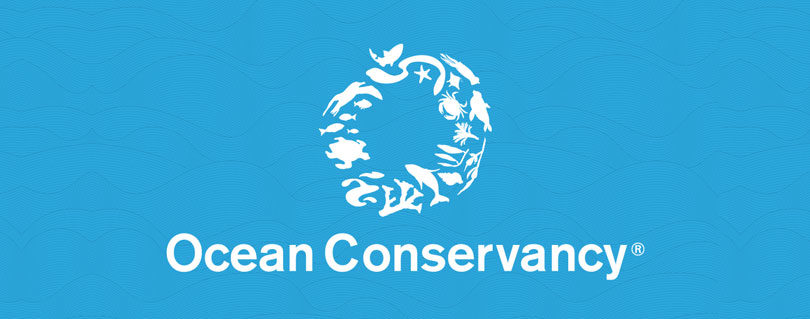Stopping Ocean Plastic Pollution Starts with Us
Published by Ocean Conservancy
Today, along with our colleagues at Sea Education Association, DSM Environmental Services and the University of Georgia, Ocean Conservancy published a study (Law et al., 2020) in the journal Science Advances that should change the way the world thinks about the United States’ role in tackling global plastic pollution. Our new study reveals that the United States ranks as high as third among countries contributing to coastal plastic pollution, and challenges the widely-held belief that the United States is adequately “managing”—that is, collecting and properly landfilling, recycling or otherwise containing—its plastic waste. Our findings underscore that the United States has outsourced its massive “plastic footprint” to developing countries and, in so doing, has become a top contributor to the global ocean plastics crisis.
Love our content?
Sign up to never miss an update!
again or contact 1.888.780.6763
Using the latest data from the World Bank, we show that in 2016 the United States shipped upwards of one million metric tons of plastic waste overseas, primarily to countries in Asia that lack the capacity to effectively manage, recycle or dispose of such gargantuan amounts of plastics. Upwards of 25% of these exports were so low-value or so contaminated (items like thin plastic films, dirty food containers and food wrappers) that they were effectively unrecyclable. Taking these exports into account and adding in the 2-3% of plastic waste that’s littered or illegally dumped domestically, our analysis revealed the role our country has in perpetuating the ocean plastics crisis.


At the center of this problem is the fact that the United States generates the most plastic waste of any country in the world (both overall and per capita). While we have just 4% of the world’s population, we create 17% of the world’s plastic waste. And this production of plastic waste has for too long outpaced our ability to manage it. This was highlighted last month by another groundbreaking study that we and another team of scientists published in Science (Borrelle et al. 2020) that quantified the scale and scope of the problem. This study showed that to stabilize ocean plastic inputs to 2015 levels, the global community must reduce plastic waste by 40% while simultaneously increasing waste management capacity across all economies and massively scaling up the environmental cleanup of the remaining plastics that flow into waterways and the ocean.
This is a Herculean task. And today’s published findings show that the United States must play a much larger role in addressing this global plastic pollution crisis than it has to-date. Reducing plastic waste generation here at home will not only reduce plastic pollution locally but it will also reduce the mounting pressure to adequately manage plastics in many rapidly developing economies where waste capacity is lacking but to where we have outsourced most of our plastic waste.
Our new study should be a call to action for all Americans to address plastic pollution at home. We can no longer simply put these materials in the blue recycle bin and assume our job is done. We must work to ensure the United States is not a leading contributor to the problem, but rather a leader in advancing practical and effective solutions. First, we must come to grips with our massive reliance on plastic, including unnecessary single-use plastics. Then we must work to advance state and federal policy to reduce its production, while also ensuring we have the capacity to manage the remaining waste stream in all communities, both domestically and abroad. Doing anything less will only exacerbate what is already an unacceptable ocean crisis of our own making.
You can act now to ensure the United States addresses the issue of plastic pollution at home and avoid irreparable damage to our ocean:
- Let your elected representatives know about this new research and ask them to take action to reduce plastic waste in the United States.
- Start reducing the amount of plastic you use at home. Take our Trash Free Seas® Challenge and pledge to say “no thanks” to single-use plastics.
The rapidly accelerating plastic pollution crisis can no longer be deemed to be a problem from “over there.” Our new research clearly shows that global plastic pollution starts with the United States and it must stop in the United States.
In 2018, the President said, “I will do everything I can to stop other nations from making our oceans into their landfills.” Our new research shows that, in fact, it is the United States that has been using other nations as our dumpsites for far too long.
The problem is ours to solve.
The post Stopping Ocean Plastic Pollution Starts with Us appeared first on Ocean Conservancy.
Read the full article at: https://blog.oceanconservancy.org/blog/2020/10/30/stopping-ocean-plastic-pollution-starts-us/



